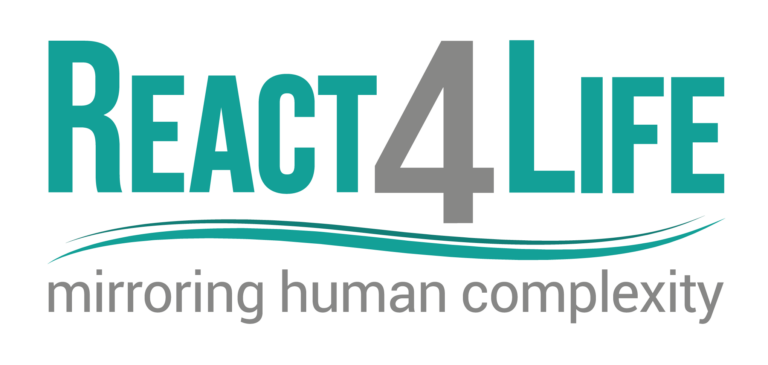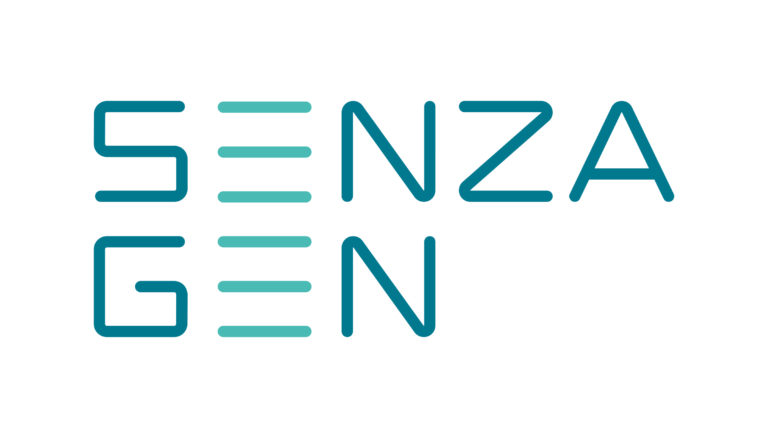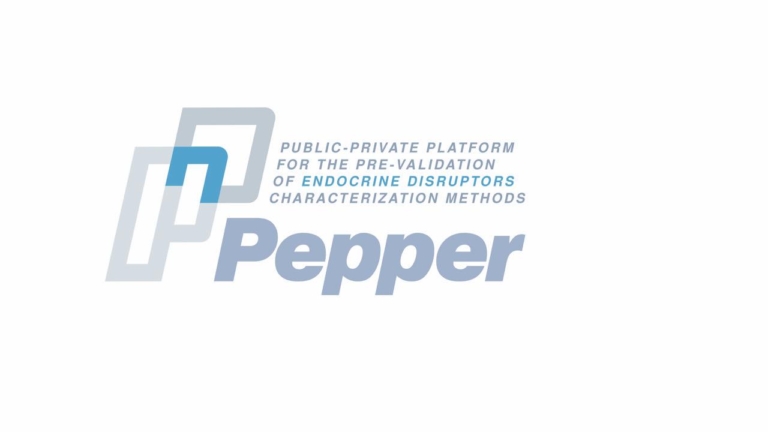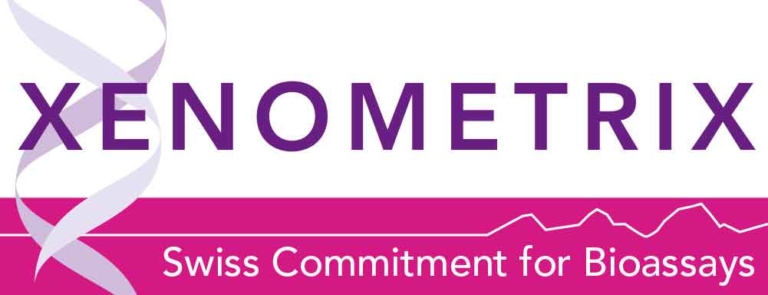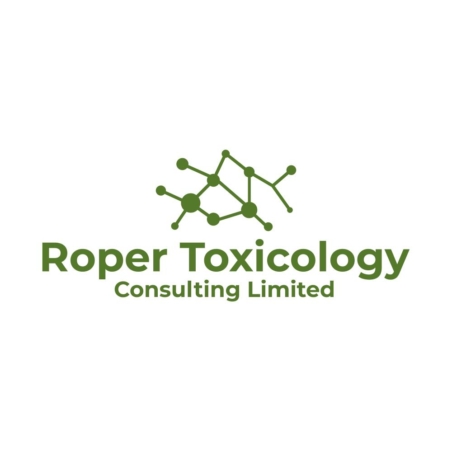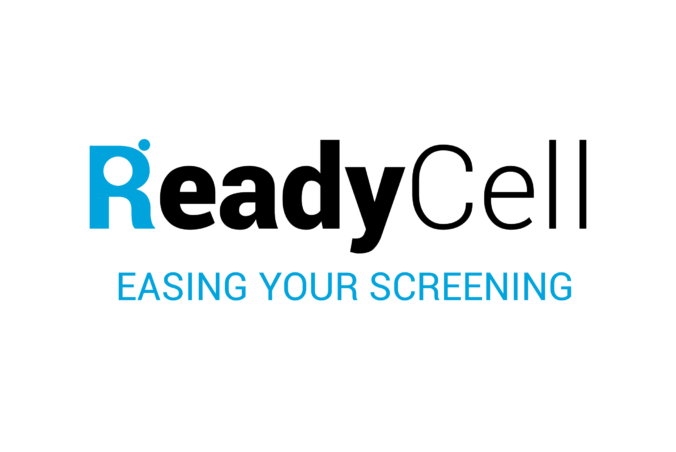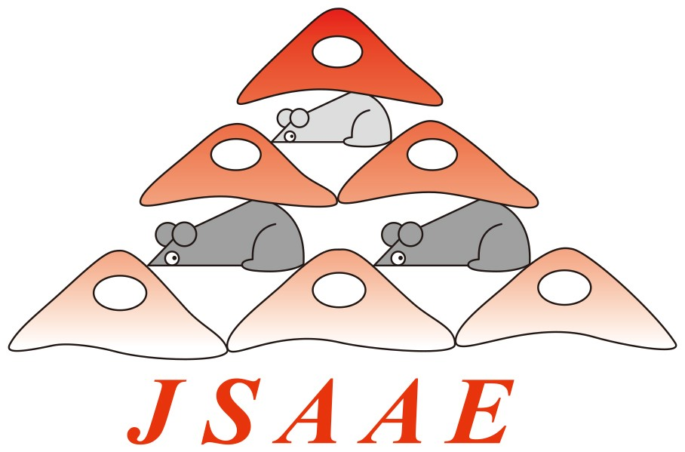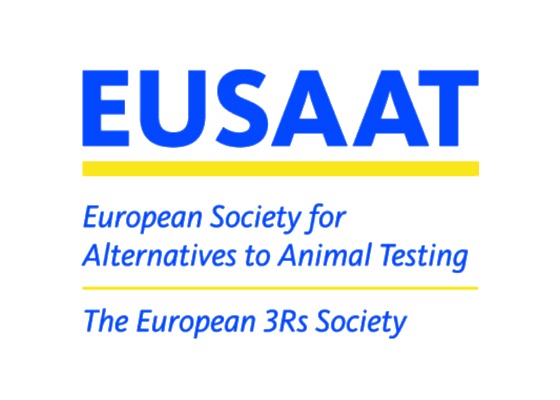Skin sensitization is a complex systemic process and since several years, methods to replace animal tests have been validated and adopted by the OECD in this regard. These tests can be used as part of a weight-of-evidence or integrated using a Defined Approach (DA) to assess Skin Sensitization.
At this two days hands-on training, acCELLerate experts will put emphasis on skin sensitization cell models such as h-clat, the human Cell Line Activation Test which respond to skin sensitizers with the expression of CD54 and CD86 (OECD TG 442E); LuSens and/or KeratinoSens (OECD 442D), cell-based assays representing early key events of the skin sensitization process. The training will start with half day lectures and will be followed by 1.5 days of practical training (Hands on-training) where participants, divided in small groups will get the chance to manipulate and see the critical steps of the methods with the experts. This is a perfect way to quickly approach a method, as well as data analysis and interpretation.
This two days hands-on training is hosted by acCELLerate.
For registration, please click HERE.
 The ESTIV Members Area
The ESTIV Members Area